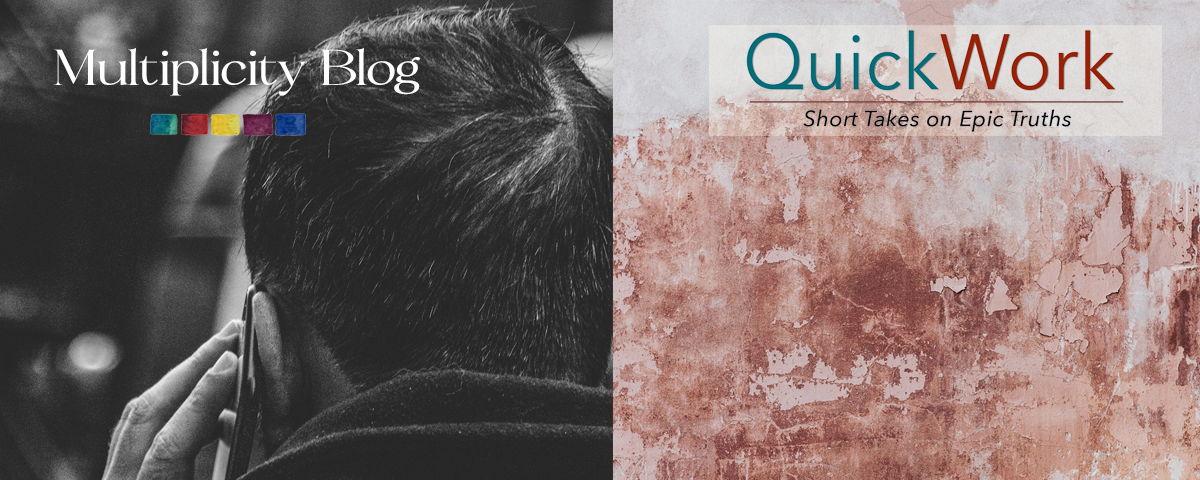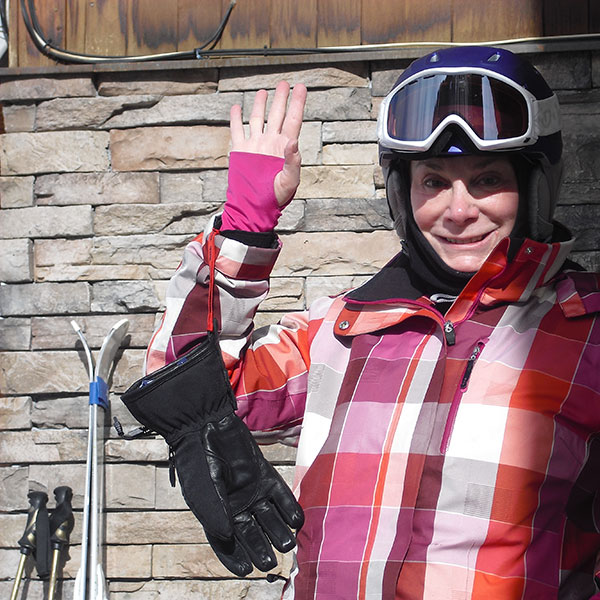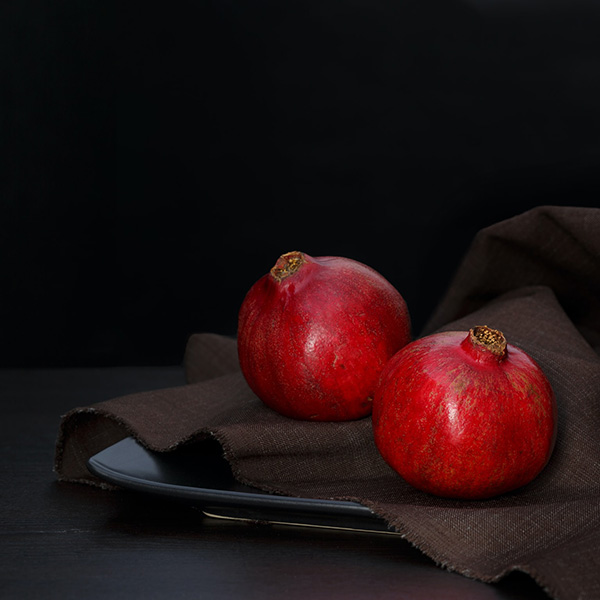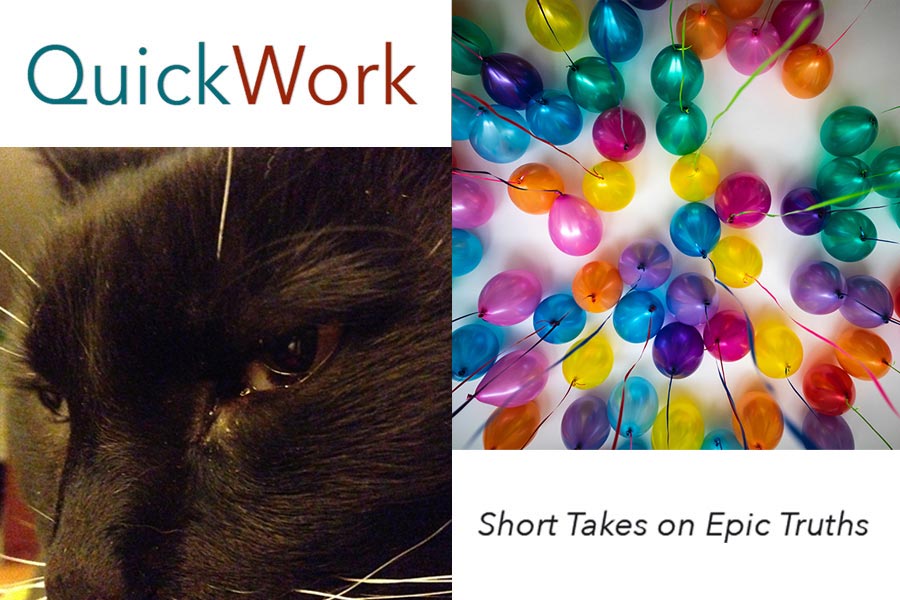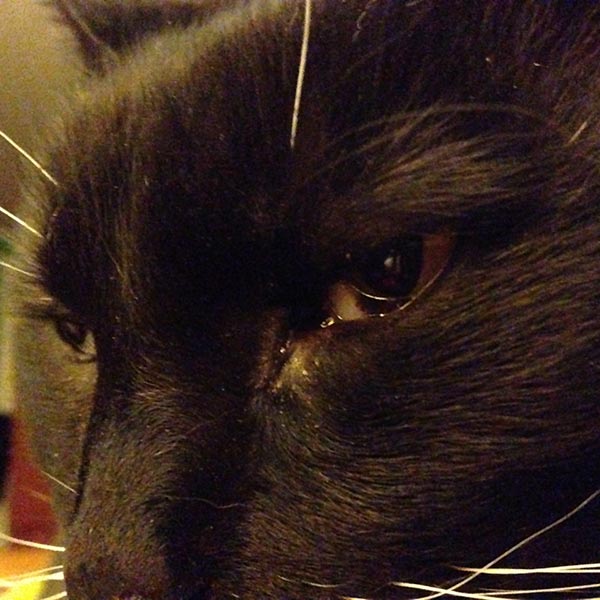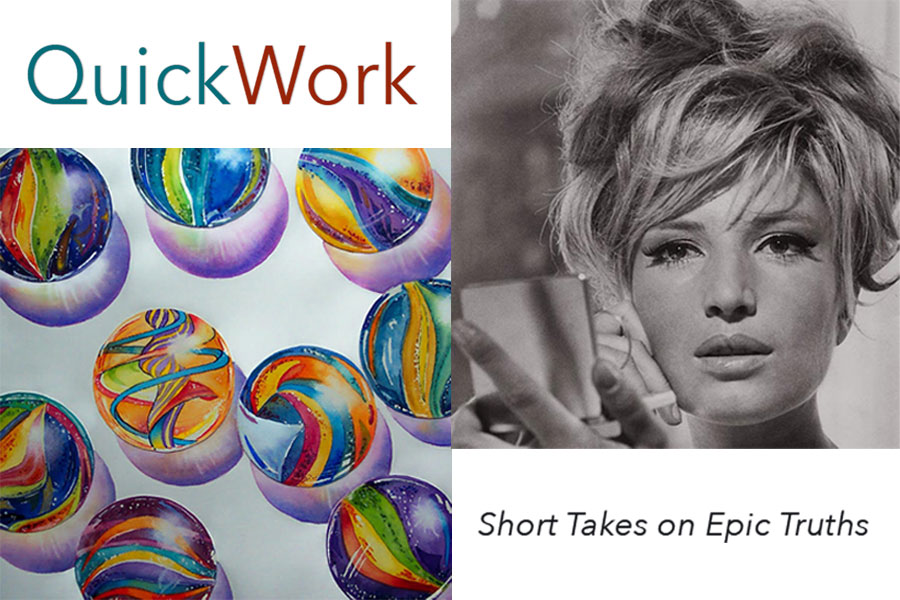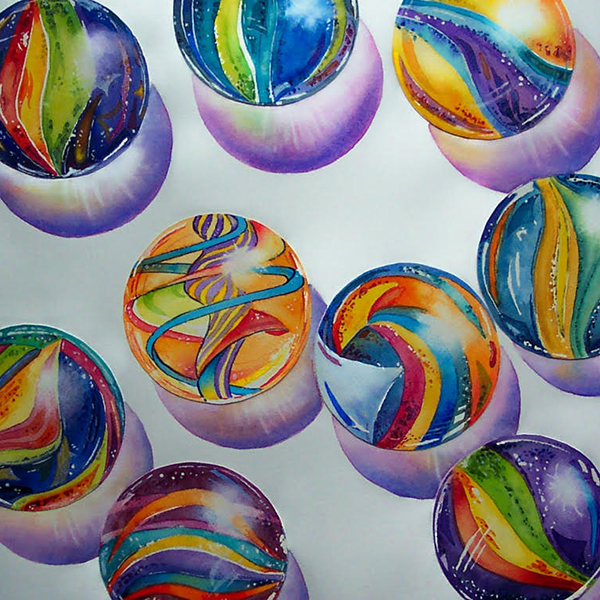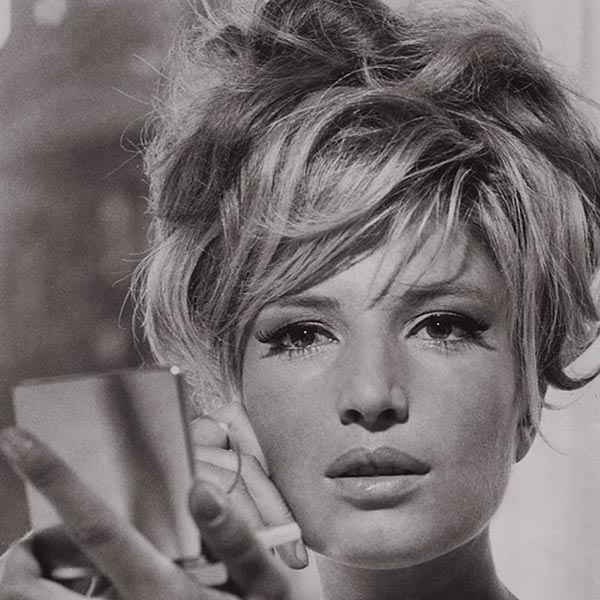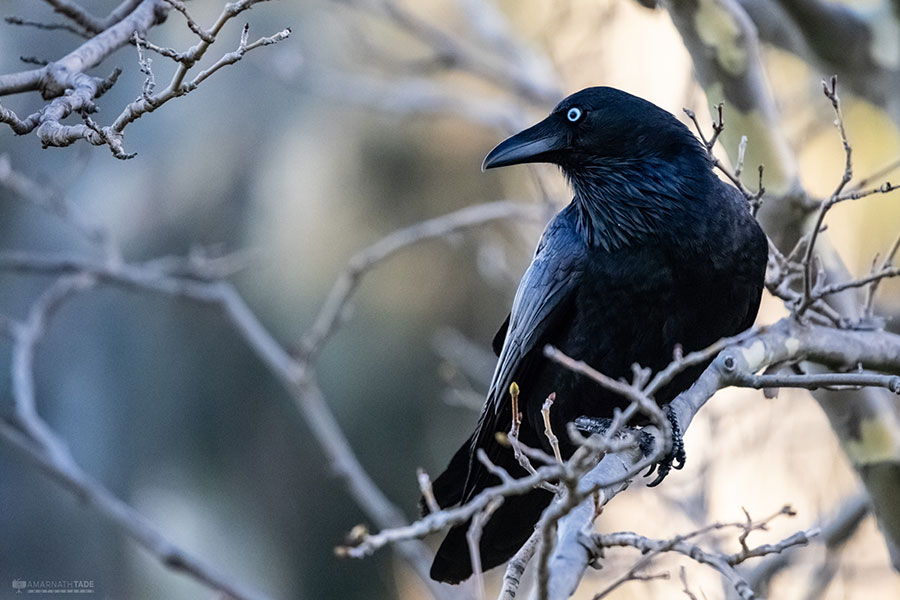Quick Work: Out of Control No. 3

Here, in 100 words or fewer, writers make quick work of compelling true stories, in the lead up to Multiplicity’s 2024 Spring/Summer issue, OUT OF CONTROL.

First Night
by Jeanne Ryan
Four AM. I am suddenly awake—about to be sick from the sleep medications they gave me. I jump out of bed, my blood pressure plummeting. My head spins. Stumbling out of my room, I find the nurse halfway up the hall.
“I’m going to throw up,” I spit out.
“Let’s get you to a bathroom.” he says.
But we don’t get that far.
I am vomiting. And vomiting. Before I feel myself sliding down the nearest wall. I come to a stop when my head lands on the tile floor.
Welcome to your first night on West 5.
Photo by Cory Mogk on Unsplash


Only a Dish Away
by Sarah Chrosniak
One day, I’ll make a dent in the dishes, not have a pile of laundry to do, and live in a crumb-free world. Four wild children, homeschooling, volunteering, and a job with increasing hours and no pay raise.
I need help? I’ve learned not to say.
Time is moving, but I am not. Stagnant in my skin, afraid to be myself or who I hope to be.
You are worthy, I wish I believed.
One day, you will miss all of this, I tell myself.
I blindfold myself with gratitude, and wait for the spin cycle to finish.
Photo by Annie Spratt on Unsplash
About the Writers
Jeanne Ryan and Sarah Chrosniak, Bay Path MFA candidates, wrote these pieces in the Multiplicity Studio class during the 2024 spring semester.
The Quick Work series is curated by Kate Whouley and Heidi Fettig Parton.

